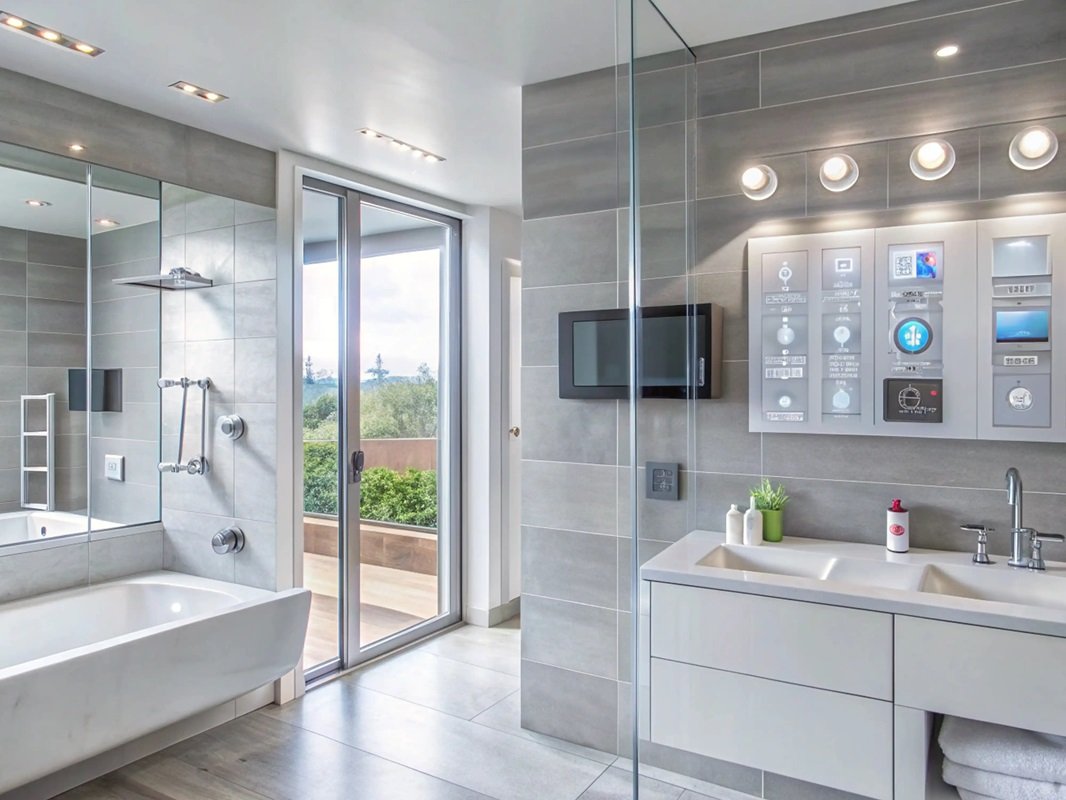For homeowners considering selling their property, one important question arises: Does installing solar panels increase home value and attract more buyers? With energy efficiency and sustainability becoming priorities for many homebuyers, solar panels can be a strategic investment that enhances a home’s marketability. Freedom Forever Solar reviews frequently highlight how the company helps homeowners evaluate the financial and practical benefits of going solar—particularly when preparing to list a home for sale. As a leader in residential solar installation, Freedom Forever provides tailored solutions that maximize savings and boost property appeal. Understanding these implications before installing solar panels can help sellers make confident, informed decisions that add long-term value.
Before committing to a solar installation, homeowners must weigh the potential financial benefits against the costs and practical considerations. While solar panels can make a property more appealing to buyers, the extent of their impact depends on factors such as market demand, regional energy costs and the structure of the home sale. Evaluating how solar panels influence home value and buyer interest can help determine whether the investment is worthwhile before listing the property.
How Solar Panels Impact Home Value
Several studies have shown that homes with solar panels tend to sell for higher prices than those without. The National Renewable Energy Laboratory (NREL) reports that for every dollar saved on energy costs through solar power, home value increases by approximately $20. Additionally, a Zillow study found that homes with solar energy systems sell for about 4.1% more than comparable homes without them.
1. Increased Resale Price
Homes with solar installations often command higher selling prices due to the long-term savings they provide buyers. Since electricity costs continue to rise, a home with reduced energy bills becomes a more attractive investment.
2. Faster Sale Times
Energy-efficient homes appeal to modern buyers who prioritize lower utility costs and sustainability. In competitive real estate markets, homes with solar panels may sell faster than similar homes without them, reducing the time a property sits on the market.
3. Competitive Edge in the Market
With growing awareness of renewable energy, buyers actively seek homes that already have solar systems installed. This gives sellers a competitive advantage, especially in regions where solar adoption is high.
The Financial Considerations of Installing Solar Before Selling
While solar panels add value, it’s essential to evaluate the financial aspects of installation before selling a home. Homeowners should consider upfront costs, potential return on investment and available incentives.
1. Upfront Costs vs. Potential Gains
The cost of installing a solar system varies based on location, system size and available incentives. On average, a residential solar system can cost between $15,000 and $30,000 before federal and state incentives. At the same time, this may seem like a high investment; homeowners who install solar panels before selling often recover their costs through a higher sale price and increased buyer interest.
2. Available Incentives and Tax Credits
Many homeowners can take advantage of the Federal Solar Investment Tax Credit (ITC), which currently allows for a 30% deduction on solar installation costs. Some states offer additional rebates and tax incentives that reduce the initial expense. However, these benefits apply to the homeowner installing the system and may not transfer to the buyer, making it important to evaluate whether the investment will pay off before listing the home.
3. Leasing vs. Owning a Solar System
If a homeowner installs solar panels with a lease or power purchase agreement (PPA), they do not own the system outright. Instead, the buyer would need to assume the lease, which can sometimes complicate a sale. Homes with owned solar systems tend to attract more buyers, as new homeowners don’t have to take over existing agreements or continue payments.
What Buyers Look for in Solar-Powered Homes
Homebuyers interested in solar-powered homes generally prioritize long-term energy savings, low maintenance costs and reliable system performance. Here’s what makes a solar home attractive to buyers:
1. Reduced Energy Costs
Buyers are drawn to homes with lower monthly electricity bills, making solar-equipped homes financially appealing. Comparing past utility bills can highlight the system’s financial benefits.
2. Warranty and System Lifespan
Most modern solar panels come with 25-year warranties, reassuring buyers that the system will continue to function efficiently for decades. Ensuring the system is under warranty adds to a home’s appeal.
3. Battery Storage for Energy Independence
Some buyers prioritize homes with solar battery storage, which allows them to use stored energy during peak hours or outages. If a seller adds battery storage, it can increase a home’s desirability and further boost its value.
When Installing Solar Panels Before Selling Makes Sense
Installing solar panels can be beneficial before selling a home under certain conditions. Homeowners should consider the following factors before making a decision:
1. High Electricity Costs in the Region
In areas where electricity costs are high, homes with solar panels become even more valuable. Buyers in these regions are more likely to see the long-term financial benefits of solar energy.
2. Local Market Demand for Energy-Efficient Homes
Some real estate markets see higher demand for eco-friendly and energy-efficient homes. If solar-powered homes are in high demand in the area, installing panels could significantly enhance resale value.
3. Long-Term Plans Before Selling
If a homeowner doesn’t plan to sell immediately, installing solar panels allows them to enjoy energy savings before putting the home on the market. Over time, this helps offset the initial investment.
When It May Not Be the Right Move
While solar panels can be a great investment, there are situations where installing them before selling may not be the best financial decision:
Short-Term Selling Plans: If a homeowner intends to sell within a year or two, they may not recoup the initial investment before selling.
Limited Solar Incentives in the State: Some states have fewer incentives or lower compensation rates for excess energy, making the financial return less appealing.
Buyers Unfamiliar with Solar Energy: In certain markets, buyers may not yet prioritize solar energy, limiting its impact on home value.
Making the Right Decision
For homeowners debating whether to install solar panels before selling, evaluating costs, incentives and local market trends is essential. Consulting a solar provider with experience in maximizing home value can provide clarity on whether solar installation makes sense before listing the property.
Freedom Forever helps homeowners navigate solar options, ensuring they make informed decisions that align with their financial goals and home-selling plans. By understanding buyer preferences and market demand, homeowners can determine whether installing solar is the right move before putting their home on the market.
The Bottom Line: Is It Worth Installing Solar Panels Before Selling?
Solar panels can increase home value, attract more buyers and provide long-term financial benefits. The decision to install solar before selling depends on several factors, including the homeowner’s timeline, budget and local market conditions. In areas where solar demand is high, adding panels before selling can result in a higher resale price and faster transactions. On the other hand, homeowners planning to sell in the near future may find it more practical to highlight their home’s existing features rather than investing in a solar system. By carefully considering market trends, costs and potential returns, homeowners can make the best decision for their financial future while contributing to the growing adoption of renewable energy in real estate.
Working with a knowledgeable solar provider can help homeowners navigate available incentives, financing options and system warranties, ensuring they maximize the benefits of their investment. With the right approach, solar panels can be a valuable asset that enhances both a home’s appeal and long-term sustainability.














Leave a Reply